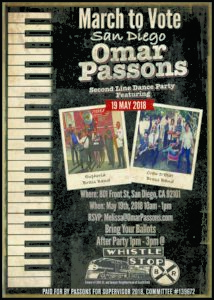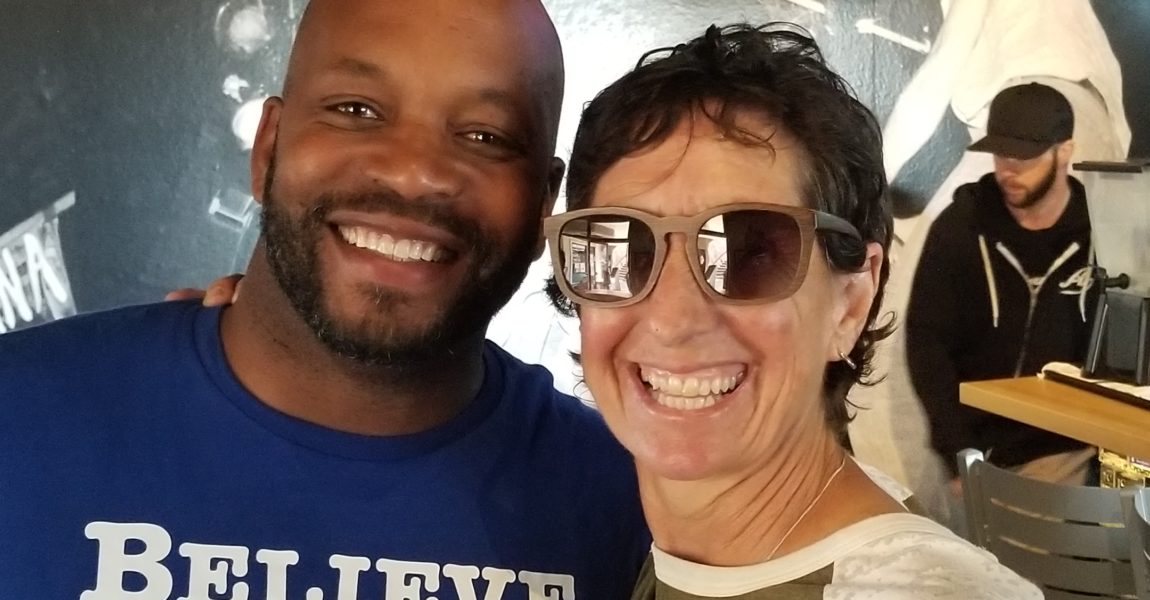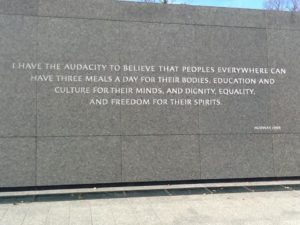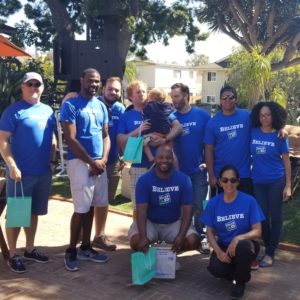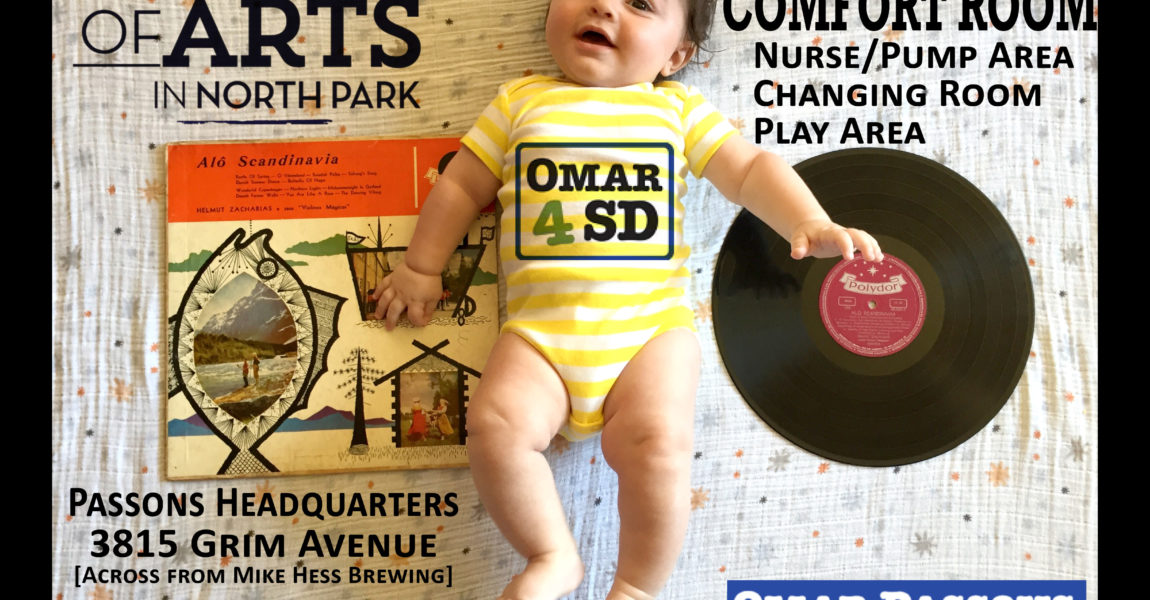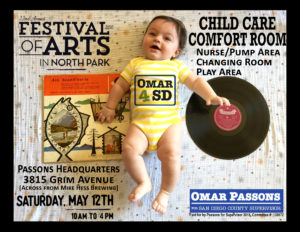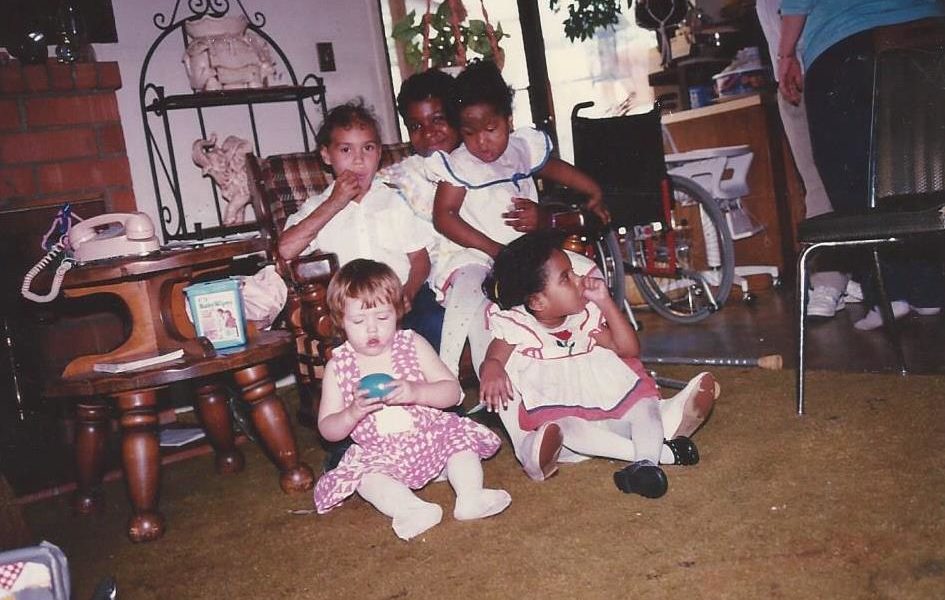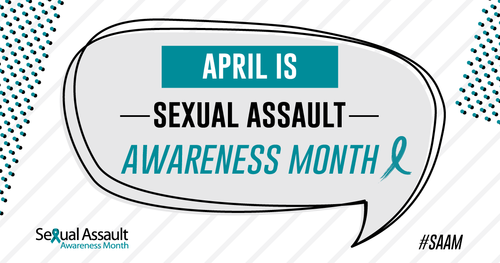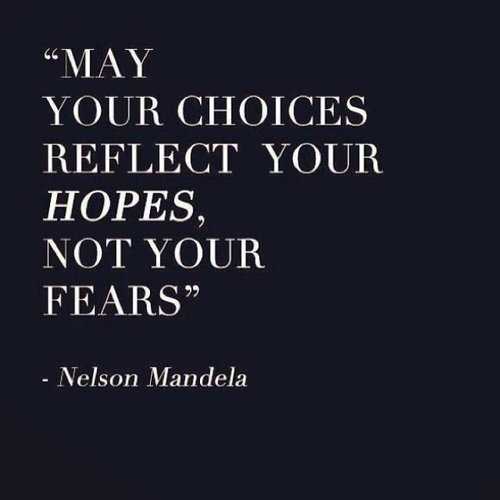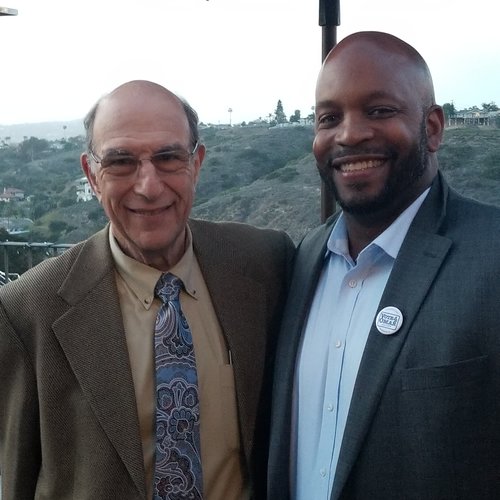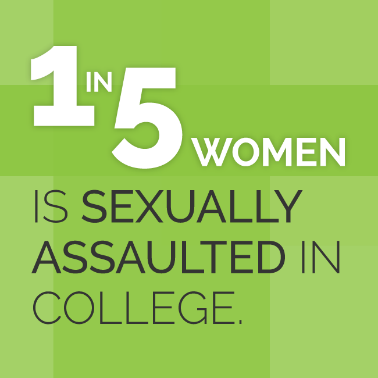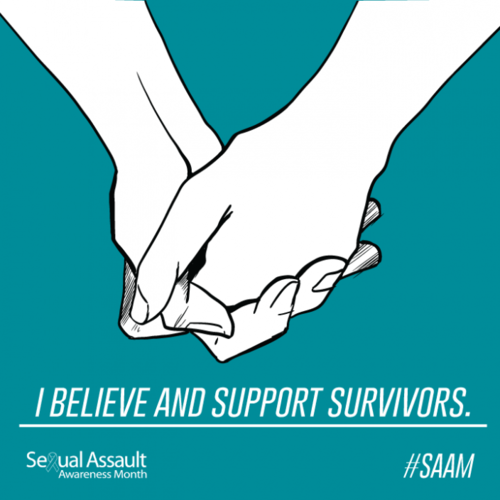editor’s note: April is Sexual Assault Awareness Month and our campaign wanted to amplify the voices of those whose experiences are most relevant to this issue. This is a serious issue that requires all of us to do our part. As a campaign, we are grateful for the stories we will get the chance to share.
From Nicole M.
Important Reminders for Sexual Assault Awareness Month
In the current climate of the #metoo movement it appears that sexual assault and harassment are finally getting the attention they deserve after lying dormant and being considered a taboo topic of discussion. From mainstream news outlets to social media platforms, there is now an abundance of coverage ranging from survivor stories, perpetrators once viewed as pillars in their industries, and bold actions taken by large companies, communities, and government in response to these cases. While this progress remains encouraging and long overdue, there are certain victims whose voices still remain on the sidelines, struggling to be heard, believed, and worthy of appropriate action.
Women of color, women in poverty, and undocumented immigrants have been noticeably absent in the public discussion surrounding sexual assault and harassment. Statistics indicate that women of color, women in poverty, and undocumented immigrants are less likely to report incidents of sexual assault, domestic violence, or harassment due to various barriers including fear of deportation, cultural norms, anticipation of not being believed, and/or an enhanced sense of shame or guilt.
“The stakes are higher in a lot of instances for us than they are for a lot of other women,” said Tarana Burke, a black activist who founded the #MeToo movement on Twitter in 2006 to raise awareness around sexual violence. “That creates a dynamic where you have women of color who have to think a little bit differently about what it means for them to come forward in cases of sexual harassment.”*
For Latina women, speaking up after sexual assault can be daunting for a variety of cultural reasons, including a strong feeling of responsibility to keep the family together and an increased sense of shame and guilt. In the case of immigrant women there can be a heightened fear of law enforcement, risk of deportation, and breaking up their family. For women in poverty, there may also be a distrust of law enforcement, prohibitive court costs associated with filing charges for sexual violence, and the inability to take time off from work to report sexual violence to the police or attend a trial.
Women of color who do find the strength to come forward often face a much higher barrier to have their cases prosecuted. According to this report, while prosecutors generally try approximately 75% of sexual assault cases where the victim is a white woman, women of color see their cases brought to trial approximately 34% of the time.** These disheartening statistics can cause women of color in particular to continue underreporting these crimes and create a cycle of victimization, underreporting, and increased risk of future victimization.
It is imperative that within this #metoo and #TimesUp moment we pause to recognize the additional challenges many women of color, women in poverty, and immigrant women face when they experience sexual assault or harassment. With increased inclusion and sensitivity to those whose experiences differ from what we see reported by mainstream news outlets we can work together to encourage all women who experience sexual trauma to come forward and feel more confident reporting assault and harassment. ALL women deserve to be heard and NO woman deserves to be raped, sexually assaulted or harassed.
If you have been a victim of rape or sexual assault please remember that you are not alone. There are resources to help:
RAINN: https://www.rainn.org/national-resources-sexual-assault-survivors-and-their-loved-ones
National Sexual Assault Hotline: 800.656.HOPE
National Street Harassment Hotline: 855.897.5910
*https://apnews.com/34a278ca43e24c5587c911ead5fac67c
